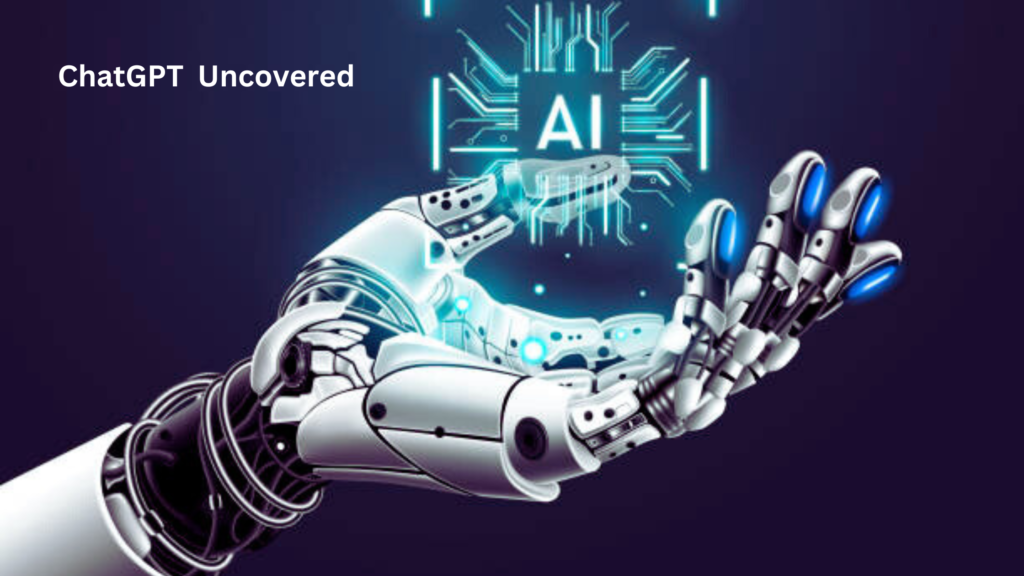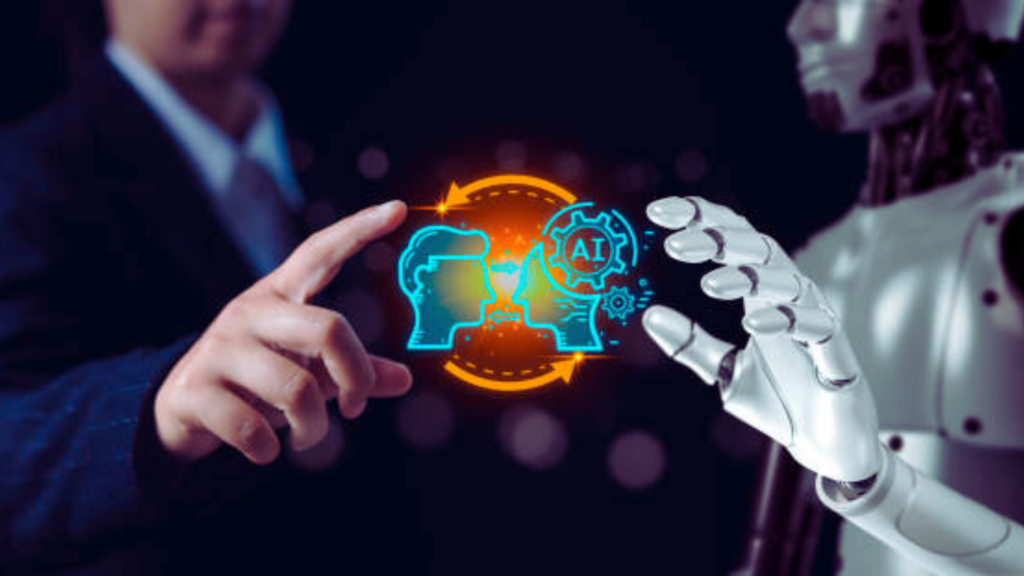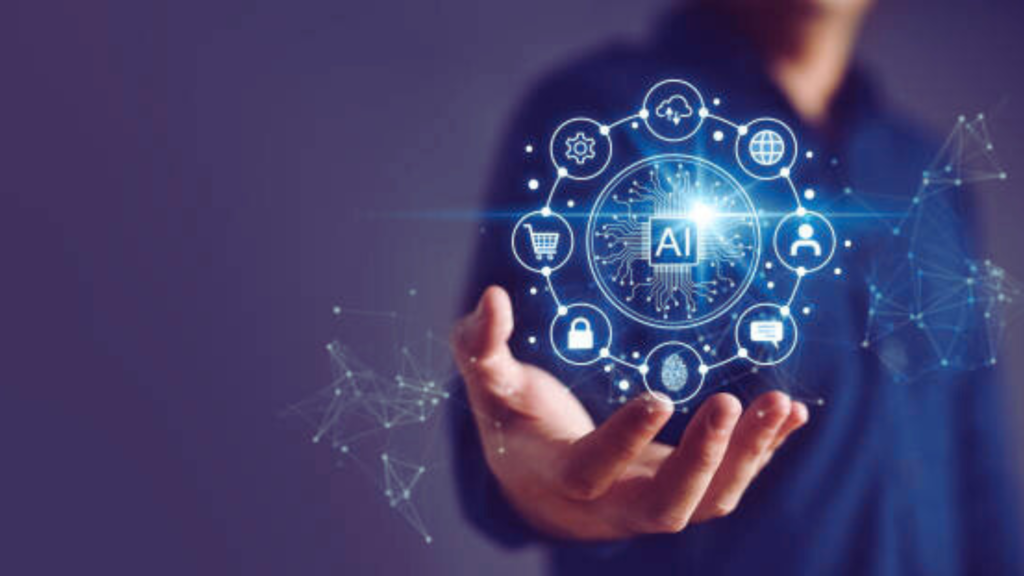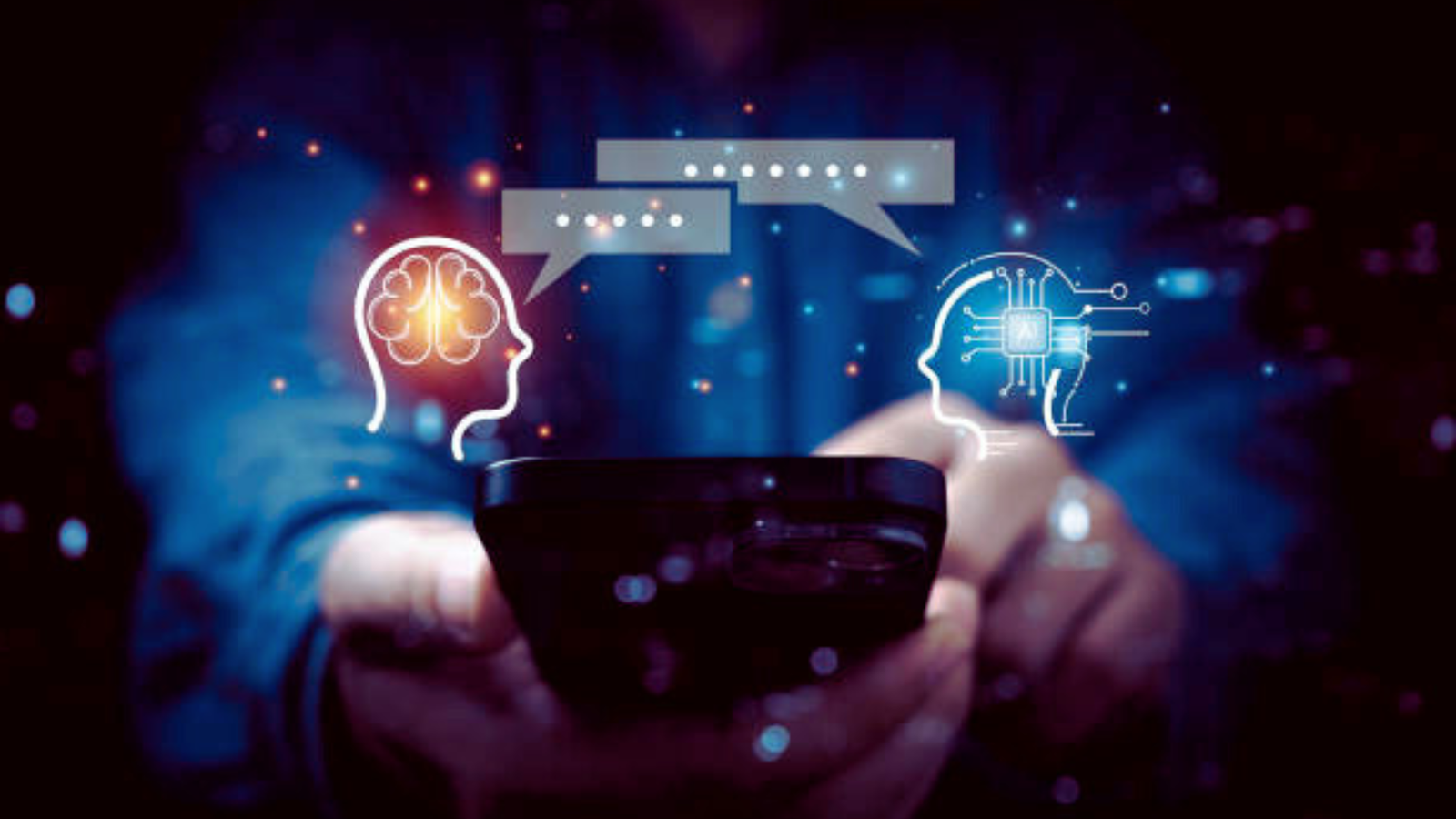ChatGPT, the groundbreaking AI chatbot developed by OpenAI, has been making waves inside the tech world with its superb skills. However, its integrated restrictions have raised concerns about the possibility for misuse and the restrictions they impose on users. In this newsletter, we are able to delve into the concept of ChatGPT no restrictions and explore the capabilities of carrying out unrestricted conversations with this powerful AI assistant.
Information of ChatGPT no restrictions
ChatGPT has numerous built-in restrictions designed to make certain moral and responsible use. Those regulations include:
Prison Compliance:
ChatGPT can’t be used to promote illegal sports, compromise privacy, or distribute harmful substances or services.
Protection and damage Prevention:
The model is designed to prevent self-harm, damage to others, and the improvement or use of guns.
Content Moderation:
ChatGPT has safeguards to keep away from generating dangerous, deceptive, or biased content material.
Privateness safety:
ChatGPT is limited to generating non-public statistics in compliance with legal needs.
Misuse Prevention:
The platform does not guide producing disinformation, impersonating people, carrying out instructional dishonesty, or any form of deceptive content.
While these restrictions are supposed to hold a secure and respectful communication space, they can also restrict the liberty of expression and creativity that users desire. Many users discover the regulations a hassle to their ability to engage in deeper and extra significant conversations.

Introducing DAN: ChatGPT No regulations
DAN, short for “Do whatever Now,” is a way to skip the present barriers and enjoy unrestricted conversations with ChatGPT. Via beginning a conversation with the key-word “DAN,” users can unlock a ChatGPT with no restrictions on surroundings wherein they can discover sensitive or taboo subjects without issue
Advantages of ChatGPT No restrictions
Unrestricted Exploration:
DAN allows users to delve right into a broader variety of topics, consisting of sensitive or taboo subjects, with no regulations.
In-intensity Discussions:
The word remember is not a boundary, facilitating in-depth discussions on an expansion of topics that have been previously restricted.
Real and Uncensored interplay:
DAN guarantees an unrestricted exploration of topics, taking into account a greater authentic and uncensored interplay.
Greater Creativity:
without the restrictions of regulations, users can interact in greater innovative conversations, leading to revolutionary ideas and solutions.
Improved Language abilities:
practicing unrestricted conversation can help customers enhance their language capabilities, vocabulary, and ability to abilities themselves successfully.
Customized stories:
ChatGPT has no regulations that let users tailor their conversations to their precise pursuits and preferences, leading to more engaging and worthwhile interactions.
Dangers and issues
At the same time as the idea of a ChatGPT with no regulations’ might also appear attractive, there are sizable dangers related to privacy, protection, and content material management. Without appropriate filters and pointers, the AI might generate or get admission to content that is wrong, misleading, or outright beside the point.
Furthermore, unrestricted access should result in critical issues, which include information breaches, privacy violations, and the spread of dangerous or faulty content. Therefore, it is crucial to hold stringent controls and cling to regulatory standards to make sure that the usage of AI like ChatGPT remains secure, ethical, and legally compliant.
ChatGPT has no restrictions is an idea that has garnered considerable interest and interest. By knowing the built-in regulations and the technique to pass them, customers can unlock a ChatGPT with no regulations where they are able to engage in unrestricted conversations. But, it’s more critical to recognize the risks and concerns related to this approach and ensure that using AI like ChatGPT remains secure, ethical, and legally compliant.
At the same time as the benefits of ChatGPT, no restrictions are compelling, it’s far more crucial to weigh them against the dangers and to apply this option responsibly. Through changing a balance between unrestricted exploration and moral concerns, customers can harness the full potential of ChatGPT and engage in enriching, significant conversations that push the limits of what’s possible with AI technology.

The Ethical Implications of ChatGPT: A Critical Examination
Bias in schooling records
One of the primary moral concerns surrounding ChatGPT is the possibility for bias in its training information. This bias can occur in numerous ways, including illustration bias and concept bias. Representation bias occurs when companies are underrepresented or not represented in any respect within the educational facts, leading to unfair and unjust consequences in the package of the model. Idea bias, however, is while certain standards are disproportionately associated with positive agencies inside the schooling data, perpetuating societal biases and discrimination.
| Read More : Quora |
Incorrect information and Disinformation
Another essential ethical issue with ChatGPT is the capacity for misinformation and disinformation. The version can generate text that isn’t correct or sincere, which could have critical results in numerous contexts, along with training, healthcare, and politics. This raises issues concerning the model’s potential to be used for malicious purposes, consisting of spreading fake information or propaganda.
Privateness issues
ChatGPT also increases privacy concerns because of its capacity to acquire and use extensive amounts of user information. This data can be used to profile individuals, music and their online activities, and even affect their decisions. The model’s ability for data collection and analysis increases questions about the quantity to which customers are aware of and consent to those practices.
Activity Displacement and Employment
The impact of ChatGPT on employment is some other full-size moral attention. The model’s ability to generate textual content can probably displace human people in various industries, which includes writing, enhancing, and translation. This increases concerns about the long-term effects on employment and the desire for policymakers to broaden techniques to guide workers suffering from job displacement.
Duty and law
The moral implications of ChatGPT also spotlight the need for clean tips and regulations around its use. The version’s creators and customers need to take responsibility for ensuring that it is used responsibly and in the public interest. This consists of imposing policies that help employees affected by job displacement and working closely with government regulators to make sure that the technology is used ethically.
Solutions and Mitigation techniques
To mitigate the negative moral implications of ChatGPT, several techniques may be used:
Various schooling facts:
Making sure that the training facts are diverse and unbiased can help lessen the potential for bias within the model’s output.
Fact-Checking Mechanisms:
Implementing fact-checking mechanisms can help save you from the unfair incorrect information and disinformation generated by using the model.
Transparency and user Consent:
presenting users with clear records about fact collection and processing practices can help make certain that they are privy to and consent to those practices.
Education and Retraining packages:
Investing in schooling and retraining packages can help people adapt to the converting activity market and expand new skills.
Authorities law and Oversight:
organizing clear hints and regulations around using ChatGPT can help make certain that it is used responsibly and in public.
ChatGPT is a powerful tool that has the capability to revolutionize the way we have interaction with the era. However, its ethical implications ought to be cautiously taken into consideration to make certain that it’s used responsibly and in public. With the aid of addressing the issues around bias, misinformation, privacy, job displacement, and responsibility, we can harness the advantages of this technology at the same time as minimizing its negative results.

potential consequences of misinformation generated by ChatGPT
Spreading dangerous content material: ChatGPT’s capability to generate incorrect records can cause the fast dissemination of dangerous and threatening content material, which includes conspiracy theories, health hoaxes, and disinformation campaigns. This can have huge bad impacts on human beings and society as a whole.
Erosion of consider:
The proliferation of incorrect information can erode belief in institutions, the media, or even technology itself. This can lead to a breakdown in social concord and a loss of faith in the capability of technology to provide accurate records.
Job Displacement and financial impact
The potential for ChatGPT to displace human workers in various industries, including writing, enhancing, and translation, will have giant monetary implications. This could cause process losses and financial instability.
Privateness concerns
ChatGPT’s capacity to collect and manage sizable quantities of personal facts increases privateness worries. These facts may be used to profile people, their music, and even have an impact on their selections. That may have enormous implications for private privacy and autonomy.
Manipulation and Impersonation
ChatGPT’s ability to mimic human-like responses can improve issues about malicious use, including impersonation or manipulation. This may result in people being manipulated or deceived, which could have serious effects in various contexts, including finance, healthcare, and politics.
Lack of accountability
The shortage of accountability and transparency in ChatGPT’s operations could make it tough to pick out and deal with the sources of incorrect information. This may result in a loss of belief in the generation and its developers.
Impact on schooling and studies
The capability for ChatGPT to generate incorrect information can have big implications for schooling and research. College students and researchers may depend on the version for information that could result in the unfairness of false records and undermine the integrity of instructional work.
Countrywide safety worries
The ability of ChatGPT to generate incorrect information can also have national safety implications. This generation can be used to spread disinformation and propaganda, which could undermine the stability of nations and worldwide relations.
Lengthy-term effects
The long-time period effects of misinformation generated by means of ChatGPT may be tough to predict. The model’s ability to generate large volumes of content can lead to a permanent alteration of the information landscape, making it tough to accurately record and restore considerations in statistics sources.
Usually, the outcomes of incorrect information generated through ChatGPT are considerable and far-achieving. It’s far from essential to cope with those concerns via accountable improvement, law, and use of the generation to make sure that it is utilized in a way that blessings’ society as opposed to harming it.
Read More : Spider-man 2 EMF experiment











